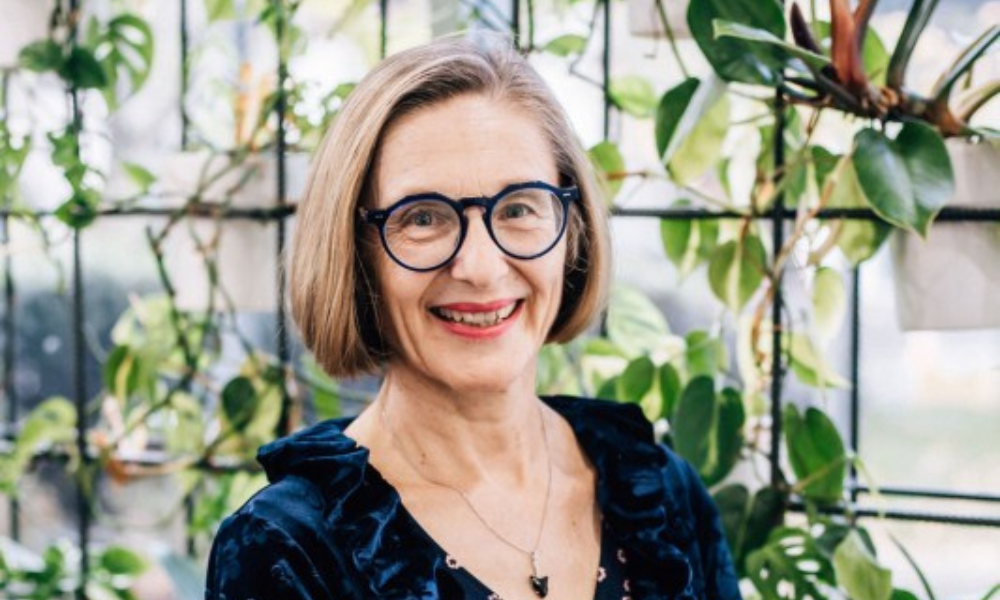
The 2024 Elite Woman discusses what she considers to be the biggest human rights issues today

Earlier this week, Sonja Cooper told NZ Lawyer how she and her office deal with trauma-heavy cases through office dogs and debriefing. In the second part of this interview, she highlights how she and Cooper Legal have made a difference in their area of work over the years, and why she doesn’t mind being a “troublemaker” until the day she retires.
I think the time that this weighed the worst on me was when the state was essentially trying to close down the work. That took a huge toll on me, personally and professionally, because there was quite a concerted effort to shut it down through a number of different avenues. And I guess that's where my bloody mindedness and my resilience kicked in – that would have been a really easy stage for me to have walked away from it and said, “This is all too hard”. But I've already had so many in positions of power and authority and who should have been protecting [the people I represent] let them down. And I'm not going to do that.
And then the Human Rights Commission started getting behind us in about 2010, the UN started getting behind us. We managed to get the Human Rights Commission to lobby for a Royal Commission, which was approved by the Labour government and was up and running from about 2018. That was a six-year journey which finished last year, and I think for the firm and for me, we were totally vindicated.
So that's been really encouraging, and it's provided an authoritative voice that’s not just me or my firm saying, “this is what happened”. We've now got an independent Royal Commission of Inquiry that corroborates what our clients have been telling us since 1995. We are actually now recognised as the good guys rather than the troublemakers.
Officials still think that I am a complete troublemaker and a thorn in their sides, but I'm happy to be that until I retire or die.
It’s all about human rights and access to justice. The state likes to pretend we’re a shining light in terms of human rights issues, but I think the harsh reality is that it's anything but. I see it as this firm's job to keep prodding and to keep pushing the officials in the state to do better and to live up to the promises that they've made not just to the people of New Zealand, but also to international agencies like the UN about doing better.
I don't want them to be just hollow words. I want them to actually take the steps that are necessary to implement what they've been saying New Zealand is so great at. I think people who take steps that challenge the state are often the ones that become the scapegoats, but now our positions have been vindicated and for once, the survivors have been recognized since these reports that what they were saying for decades is correct. And New Zealand’s got to hang its head in shame.
Climate change is a massive human rights issue that impacts everyone. Poverty is a massive one that feeds into our area of work because poverty is linked to neglect and harm, which has a strong link to offending.
Our area of work is very specific to victims of abuse – vulnerable adults and mainly children. We’re part of the Children's Rights Alliance of Aotearoa New Zealand’s steering committee, so we hear about the broader issues. There are concerns in New Zealand about the way children's services are underfunded or not funded at all. And I think increasingly, children have no voice.
In the New Zealand context, I’m really concerned about the stigmatisation and the constant undermining of rights for Māori. We've made Select Committee submissions on numerous proposed amendments to legislation that would actually make the lives or our already compromised Māori population worse. And that's an issue in many countries with Indigenous populations; t's a massive problem in Australia, it's been a massive problem in Canada and probably still is – that's something that we all have to confront.
The New Zealand government was really quick to offer an apology, but so far, it hasn't really done anything to honour the apology except to a very tiny group of survivors. And so it hasn't really held itself to account yet. I think nations have to hold themselves to account when they apologize for atrocities and for a failure of the state to protect people that were under its protection and who they actually took into care and abused the rights of. They have a duty to make that right, to make reparation and compensation – we have international and national obligations to do that. I think New Zealand's absolutely failing at that.
That's where this firm, and me as part of that, will keep lobbying and keep putting the voice out into the media to call them to account and make sure that they do what's right. Whether that happens, who knows. At the moment, we've got a very difficult coalition government, so I can't be confident. But if it means that’s the next government, so be it.